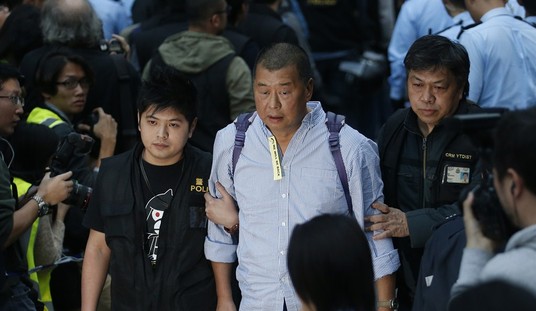I’d put this one only slightly behind the SEIU striking itself last week, but only because we don’t have video of it. The Equal Employment Opportunity Commission has violated the same labor standards it enforces in the private sector, according to an arbitrator’s ruling:
The Equal Employment Opportunity Commission, responsible for ensuring that the nation’s workers are treated fairly, has itself willfully violated the Fair Labor Standards Act on a nationwide basis with its own employees, an arbitrator has ruled.
The agency’s practice of offering compensatory time off to its employees rather than overtime pay amounted to “forced volunteering” and was a knowing violation of the law, according to the ruling.
“The case before me, in my view, demonstrates action that went beyond mere negligence,” arbitrator Steven M. Wolf wrote in a decision released last week.
You know whose fault this will be, don’t you?
EEOC and union officials have expressed hope that the agency will fare better under the Obama administration than it did during the eight years of George W. Bush’s tenure as president, when hiring was often at a standstill.
Speaking as someone who managed large staffs for more than fifteen years, I have to agree with the notion that “comp time” is largely an illusion. I’ve never heard of anyone offering it to hourly employees, however. The regulations regarding compensation for non-salaried individuals vary somewhat between states, but I don’t think any state allows hourly workers to work without direct compensation for their time, including especially overtime.
Unfortunately, the Washington Post report doesn’t specify whether the employees were salaried or hourly. Salaried employees usually work OT on a fairly regular basis without compensation, as they are tasked with responsibilities that usually involve supervision or management. In fact, salaried employees don’t get paid for overtime at all; to do so would require the employer to recast them as hourly employees. If the EEOC employees were salaried, then I’m curious how they could demand overtime; if they’re hourly, as I assume they are, I’d wonder how management got away with it for as long as they did.
Maybe the EEOC needs less to do, and fewer regulations to enforce. If management wanted to save money, they could start by suggesting that Congress start paring down the regulatory burden on employers, including the EEOC itself.








Join the conversation as a VIP Member